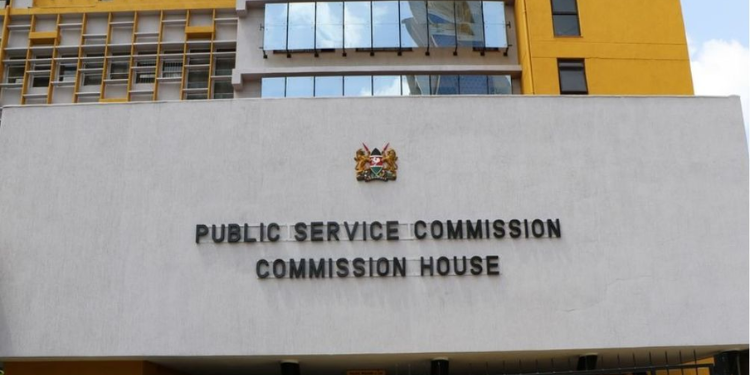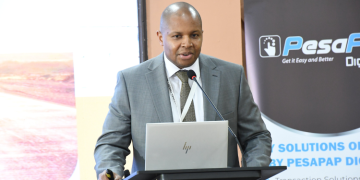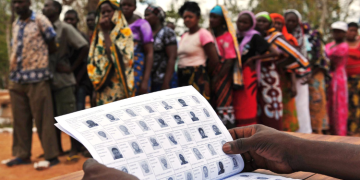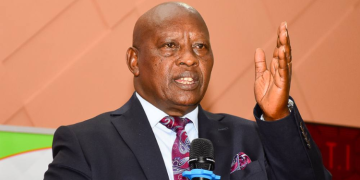The Public Service Commission (PSC), in partnership with the Kenya National Examination Council (KNEC), is developing a system to ensure real-time authentication of academic certificates before candidates are appointed during recruitment.
While speaking in an interview with Nation Media on Tuesday, October 28, PSC Commissioner Francis Meja said the government is interfacing its systems to eliminate manual intervention in the verification of certificates.
“We at the commission have actually signed an agreement with the Kenya National Examination Council to begin certificate verification before appointment,” Meja said.
“And how will we do it? We want to do it in a more sustainable and efficient way. We want to interface our systems so that there is no manual intervention in the verification of certificates.”
PSC, KNEC Partner to Digitize Certificate Verification Process in Recruitment
He noted that KNEC has granted the commission access to its database, allowing them to retrieve and verify academic information directly.
Also Read: Kenya Mulls Scrapping Paper Degrees
According to Meja, once the database is created and linked, the problem of fake academic certificates will be dealt with once and for all.
“We have a memorandum of understanding with KNEC to interface our systems. Previously, what used to happen is you sent your documents physically to KNEC, someone would manually go through them and verify,” the commissioner noted.
“The process was laborious, expensive, and time-consuming. But if we interface the systems, at the click of a button, you can get the results.”
Meja explained that the system will allow the commission to enter a candidate’s index number to automatically retrieve results from the KNEC database and compare them with the submitted details.
Reason for Piloting the Digital Verification of Certificates
Commissioner Francis Meja defended the need to validate academic certificates, saying it helps curb cases in which individuals are hired before their qualifications are verified.
He noted that in the past, institutions would recruit people and begin validation only after they had reported to work, a practice he described as wrong and akin to “performing a postmortem after the event.”
“The institutions, such as the KNEC and many others, for a long time did not have digitized platforms. So, verification became a challenge. But I think we are over that now,” he stated.
“What are we doing? For recruitment, we at the commission have actually signed an agreement with the Kenya National Examination Council to begin certificate verification before appointment.”
Also Read: KNEC Launches Digital Verification of Academic Certificates
Meja said the commission had already launched a pilot project involving 1,095 cases to test the new verification system.
He explained that once the pilot proves successful, the initiative will be expanded to universities, which will be required to create a central repository for academic records.
According to him, linking these databases will provide a permanent solution to the challenge of verifying academic certificates.
Follow our WhatsApp Channel and X Account for real-time news updates.












































































